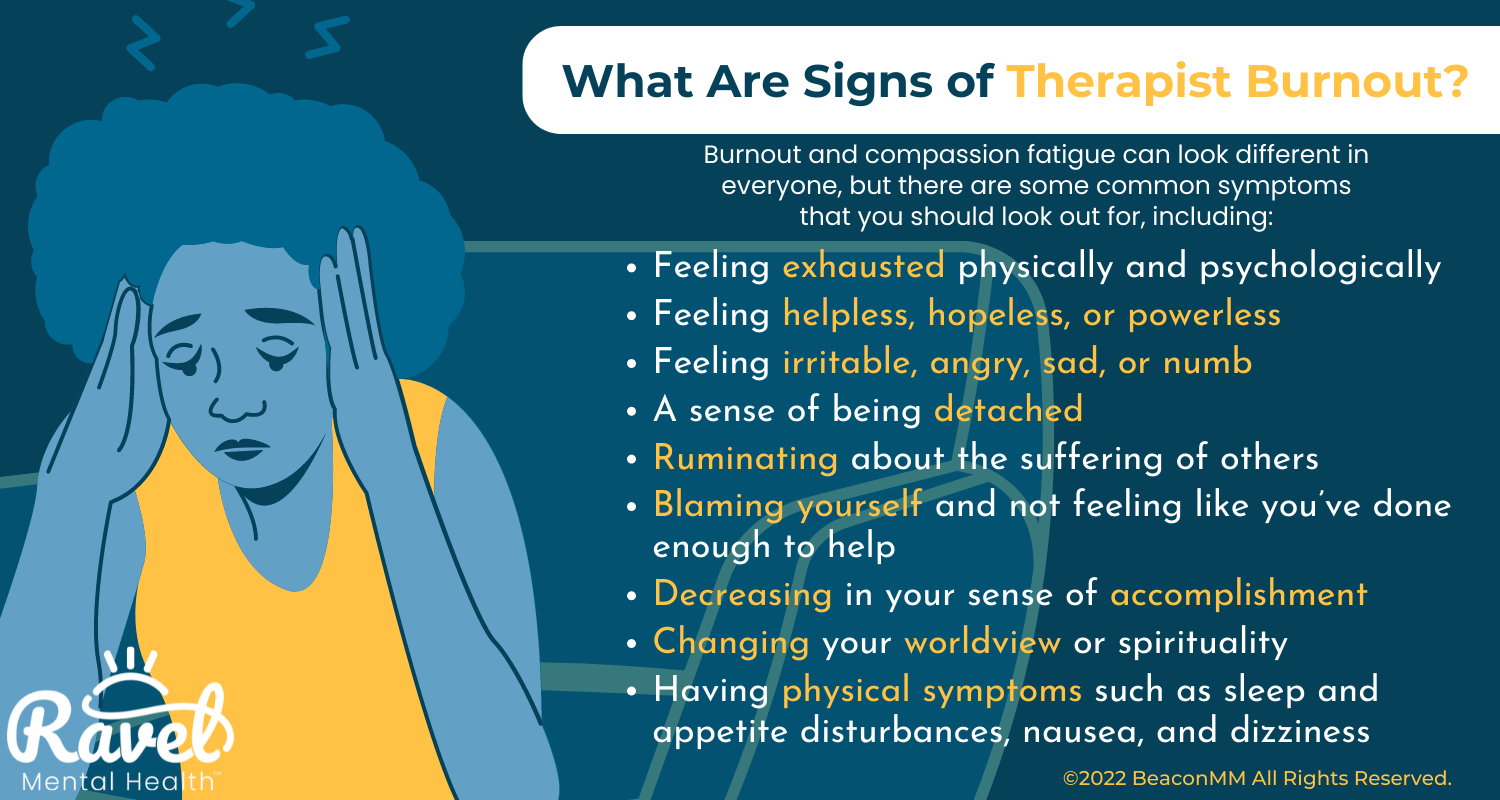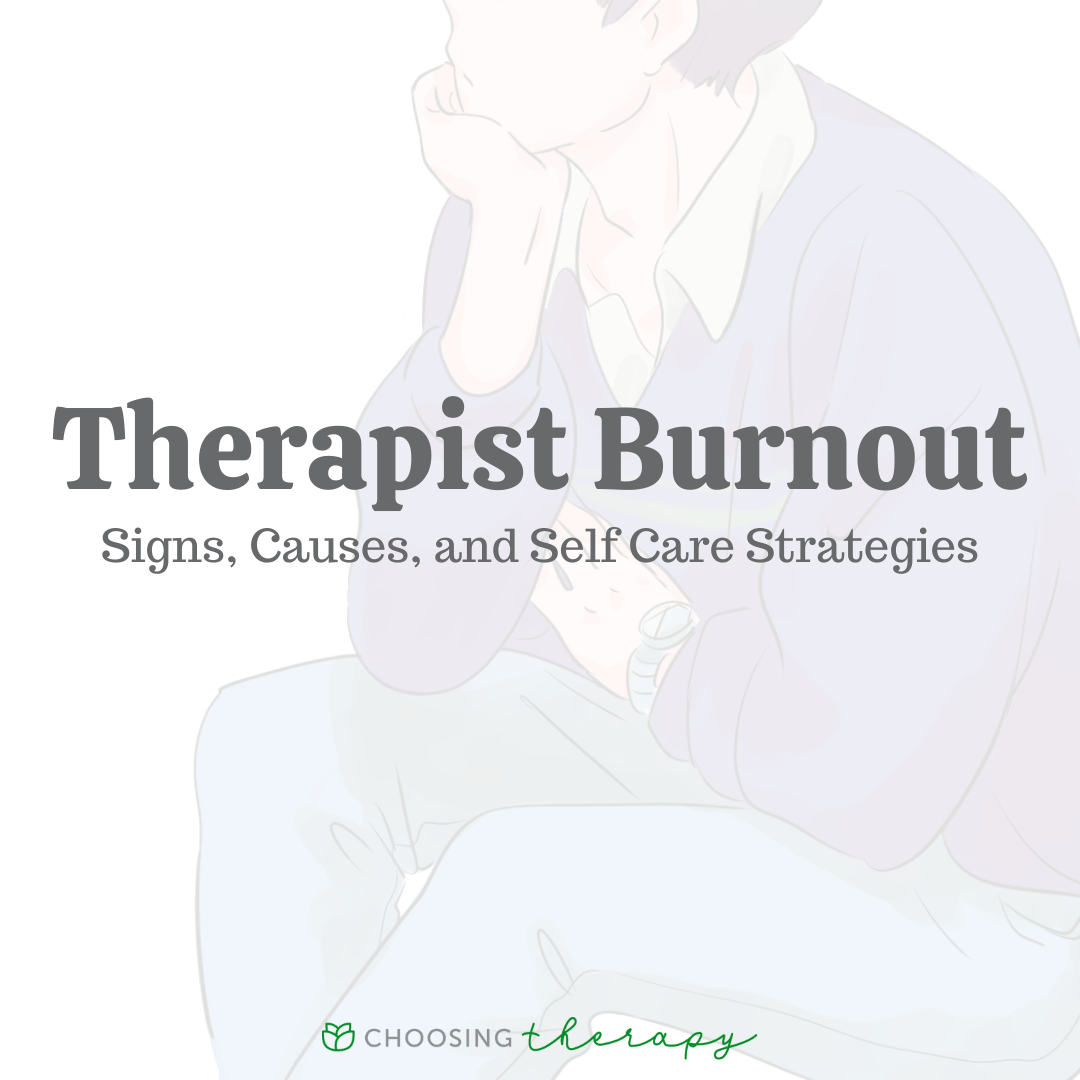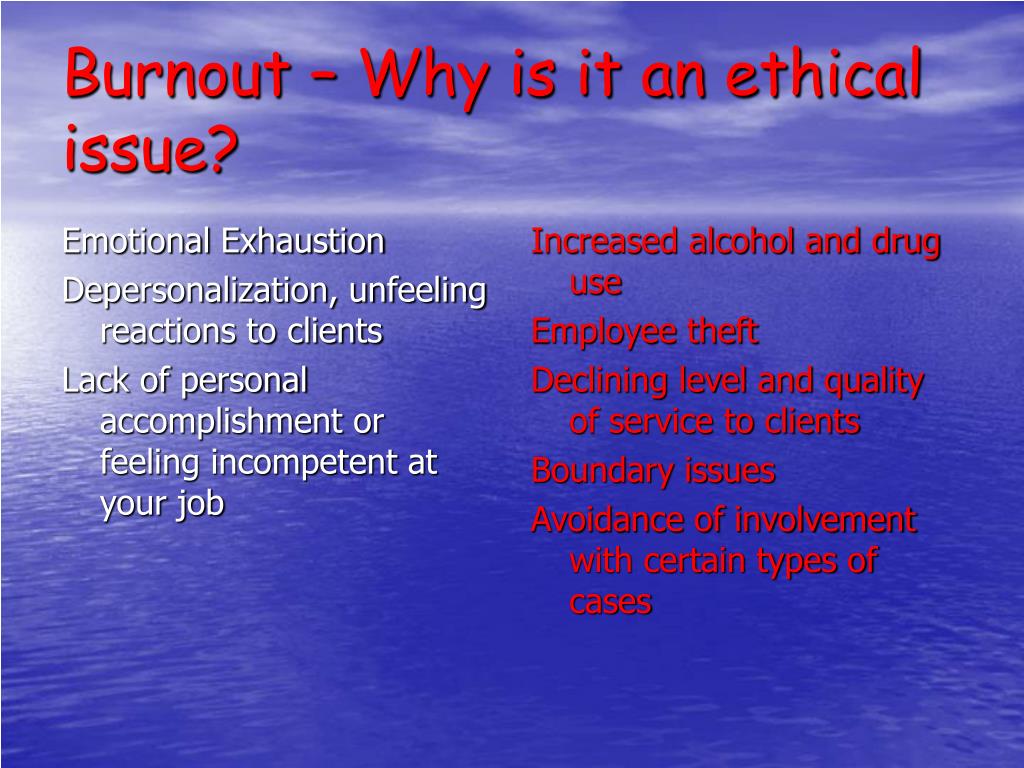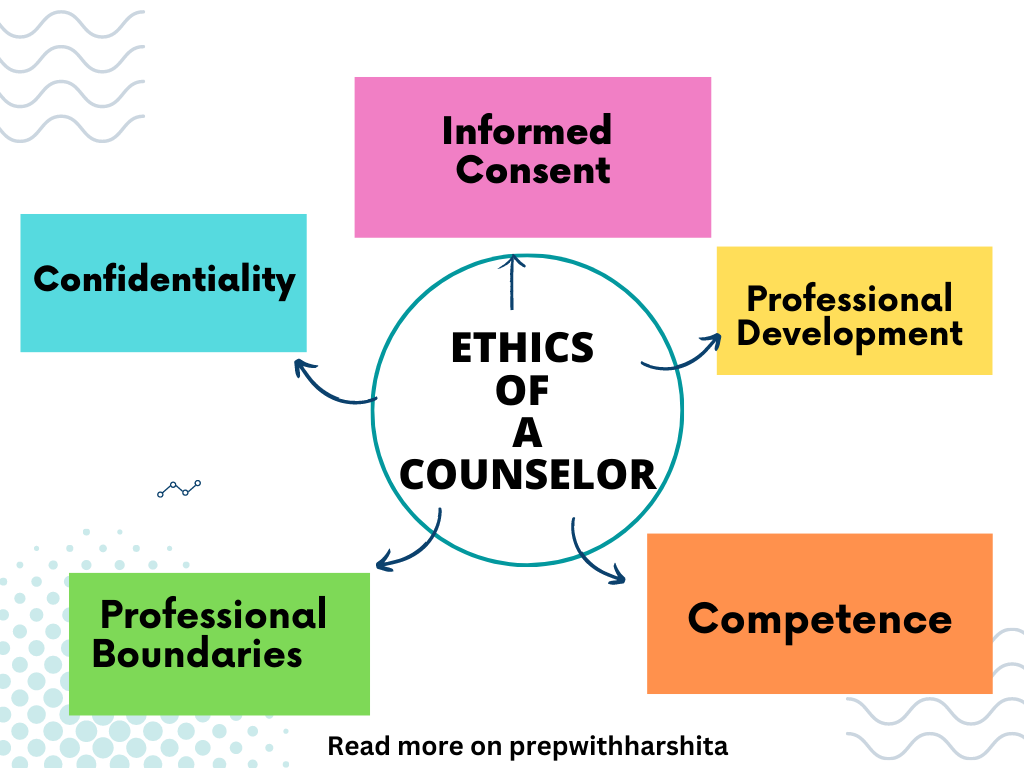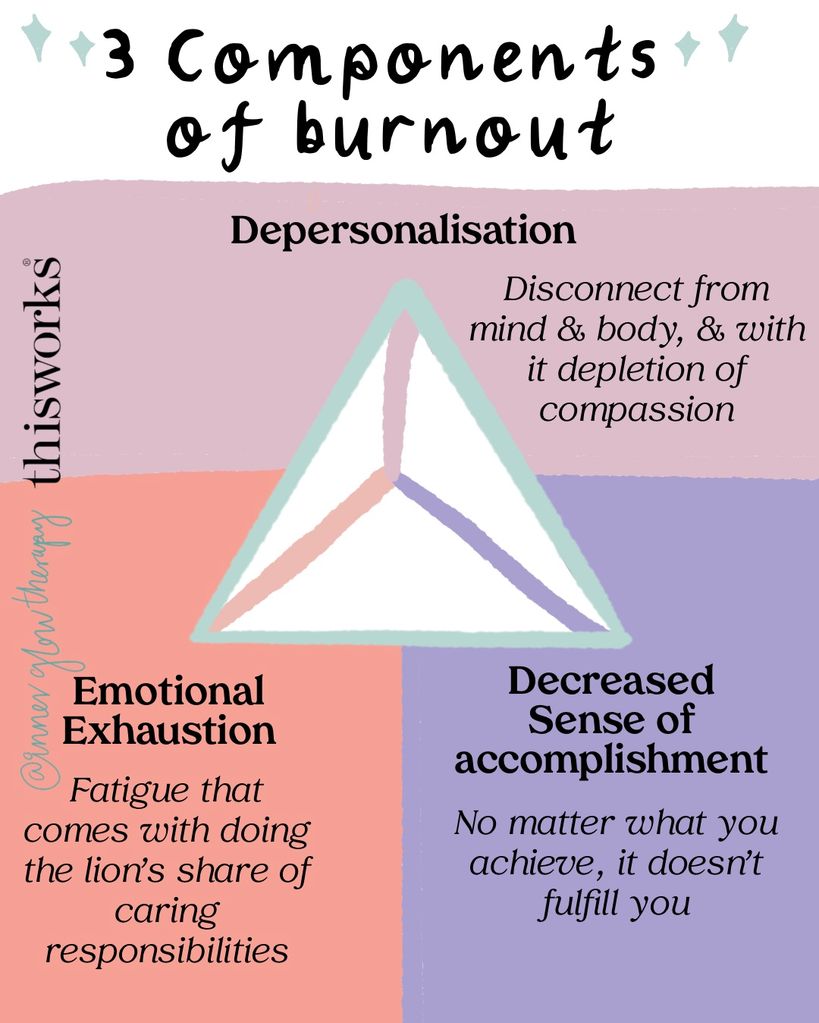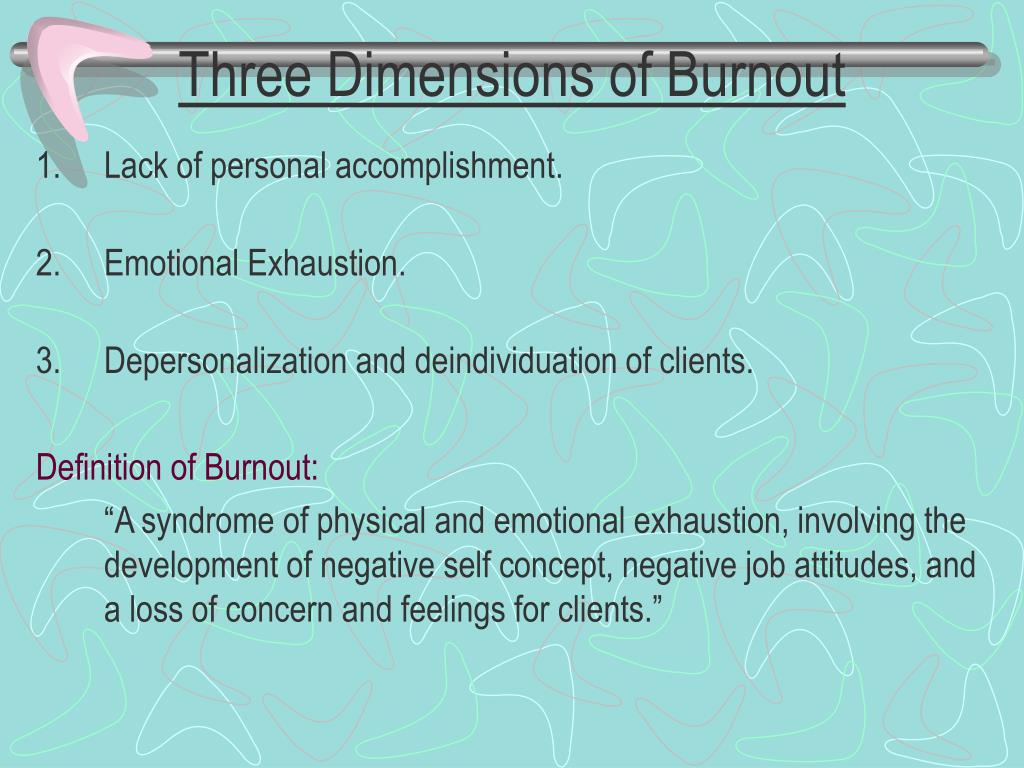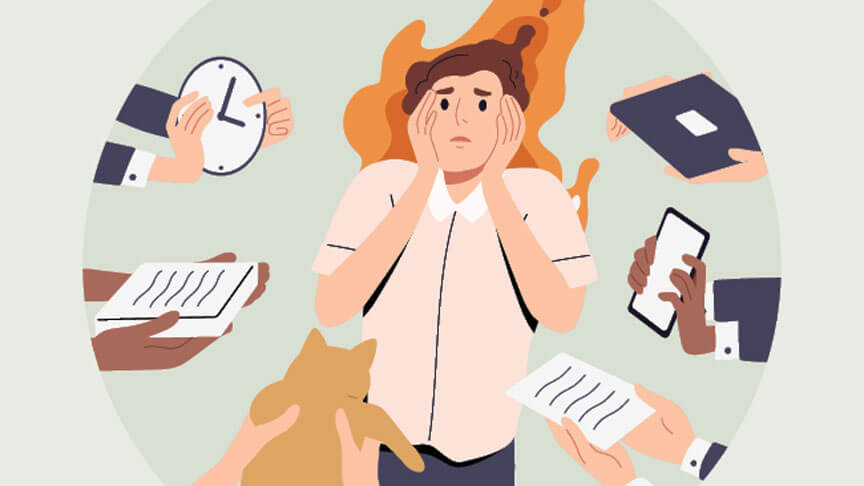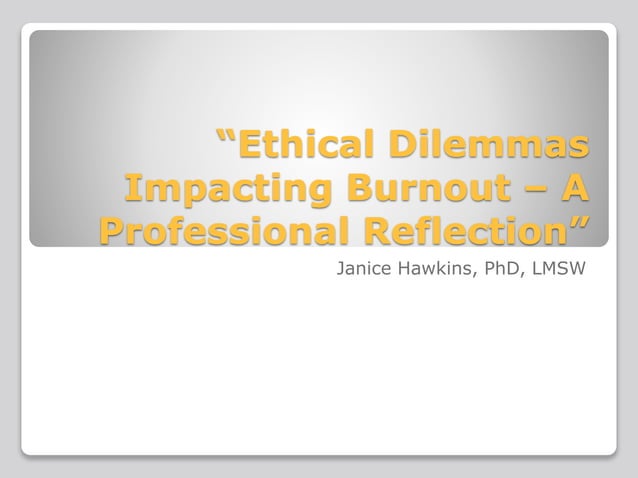Burnout As An Ethical Issue In Psychotherapy

The therapist's office, usually a sanctuary of calm, felt different today. Sunlight streamed through the window, illuminating dust motes dancing in the air, but the usual warmth was absent. Dr. Anya Sharma, a seasoned psychologist known for her empathy, sat across from her last patient of the day, a hollow ache resonating within her. The words of encouragement felt forced, the connection strained. She recognized the signs – the exhaustion, the cynicism, the creeping sense of detachment. Burnout had taken root, and she knew, with a chilling certainty, that it wasn't just a personal struggle anymore; it was an ethical crossroads.
Burnout among psychotherapists isn't just a workplace hazard; it's a profound ethical dilemma with significant implications for patient care. This article explores the pervasive issue of burnout in the field, examining its causes, its impact on therapeutic relationships, and the ethical responsibilities therapists have to address it. We'll delve into strategies for prevention and self-care, highlighting the importance of creating a sustainable practice that prioritizes both the therapist's well-being and the patient's needs.
The Silent Epidemic: Understanding Burnout
Burnout, as defined by the World Health Organization (WHO), is a syndrome conceptualized as resulting from chronic workplace stress that has not been successfully managed. It's characterized by three dimensions: feelings of energy depletion or exhaustion; increased mental distance from one's job, or feelings of negativism or cynicism related to one's job; and reduced professional efficacy.
In the context of psychotherapy, these symptoms manifest in various ways. Therapists might experience emotional exhaustion, feeling drained and unable to connect with patients. They may develop cynicism, becoming detached and less empathetic. Reduced professional efficacy can lead to self-doubt and a sense of inadequacy, impacting their ability to provide effective treatment.
The very nature of the work makes therapists particularly vulnerable. They are consistently exposed to trauma, pain, and distress, often carrying the weight of their patients' burdens. The demands of maintaining appropriate boundaries, managing complex ethical considerations, and navigating the administrative aspects of a practice contribute to the risk.
Furthermore, many therapists enter the field with a strong desire to help others, often neglecting their own needs in the process. This self-sacrificing tendency, while admirable, can be a breeding ground for burnout if left unchecked. A 2018 study published in the journal Psychotherapy found a significant correlation between compassion fatigue and burnout among therapists.
The Ethical Implications of Burnout
The ethical codes of most professional psychology organizations, including the American Psychological Association (APA), emphasize the importance of competence, integrity, and beneficence. Burnout directly threatens these core ethical principles. A burnt-out therapist cannot provide competent care, their integrity is compromised by cynicism, and their capacity for beneficence—acting in the best interests of their patients—is diminished.
Consider a therapist experiencing emotional exhaustion. Their ability to listen attentively, empathize genuinely, and process complex information is impaired. This can lead to misdiagnosis, ineffective treatment planning, and a breakdown in the therapeutic relationship. Patients may sense the therapist's detachment, leading to feelings of abandonment and a loss of trust.
Cynicism can manifest as a dismissive attitude towards patients or a lack of engagement in their progress. This can be incredibly damaging, particularly for vulnerable individuals seeking help. It also violates the principle of non-maleficence – "do no harm" – which is a cornerstone of ethical practice.
Burnout can also impact a therapist's judgment, potentially leading to ethical violations such as boundary crossings or impaired decision-making. A study published in the Journal of Professional Psychology: Research and Practice found that therapists experiencing burnout were more likely to report engaging in unethical behaviors.
The Duty to Self-Care
Recognizing the ethical implications of burnout, professional organizations are increasingly emphasizing the importance of self-care as an ethical responsibility. The APA's Ethical Principles of Psychologists and Code of Conduct highlights the need for psychologists to maintain their own competence and well-being to provide effective services.
Self-care is not a luxury; it's a necessity. It involves actively engaging in practices that promote physical, emotional, and psychological well-being. This can include regular exercise, healthy eating habits, sufficient sleep, mindfulness practices, and engaging in enjoyable activities outside of work.
It also involves setting boundaries, both within and outside of the therapeutic setting. This means being mindful of workload, limiting availability, and delegating tasks when possible. It also means prioritizing personal relationships and engaging in activities that provide a sense of purpose and meaning outside of work.
Prevention and Mitigation Strategies
Addressing burnout requires a multi-faceted approach that includes individual, organizational, and systemic interventions. At the individual level, therapists need to be proactive in monitoring their own well-being and seeking support when needed.
Regular supervision, consultation with colleagues, and participation in peer support groups can provide valuable opportunities for reflection, validation, and problem-solving. Therapy itself can be a powerful tool for addressing underlying issues that contribute to burnout.
Organizations also have a responsibility to create a supportive work environment that prioritizes employee well-being. This includes providing adequate resources, promoting a culture of open communication, and offering opportunities for professional development and self-care. Workload management, flexible scheduling, and access to mental health services are also crucial.
Furthermore, systemic changes are needed to address the underlying factors that contribute to burnout in the field. This includes advocating for better reimbursement rates, reducing administrative burdens, and promoting awareness of the importance of therapist well-being. The American Counseling Association (ACA) has been actively involved in advocating for these systemic changes.
Specifically, creating cultures of support, instead of judgment, is a key component of changing our systemic approach. Burnout is still significantly stigmatized in the mental health field, leading to less honesty and transparency when it occurs. Normalizing the topic of burnout can create more open communication, and create a support system when challenges inevitably arise.
Conclusion: A Call to Action
Burnout in psychotherapy is not simply a personal struggle; it's an ethical imperative that demands our attention. By acknowledging the pervasive nature of burnout and understanding its impact on patient care, we can begin to create a culture of self-care and support within the field.
Therapists have a responsibility to prioritize their own well-being, not as a selfish act, but as a necessary condition for providing ethical and effective care. Organizations have a responsibility to create supportive work environments that foster resilience and prevent burnout. And we all have a responsibility to advocate for systemic changes that address the underlying factors that contribute to this silent epidemic.
As Dr. Sharma reflected on her own experience, she realized that seeking help was not a sign of weakness, but a demonstration of her commitment to ethical practice. She scheduled a session with her own therapist, determined to address her burnout and reclaim her passion for the work she loved. The journey towards healing began, not just for herself, but for the countless patients who would benefit from her renewed capacity for empathy and compassion.
